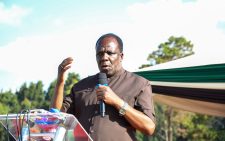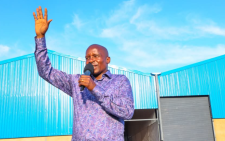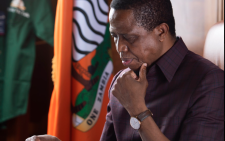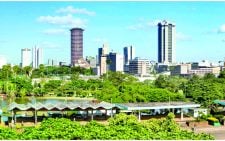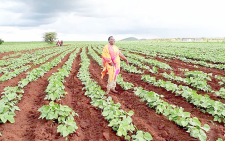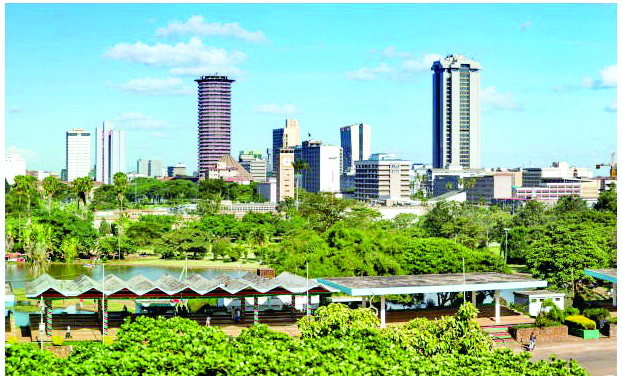It’s a US election but impact likely to be global
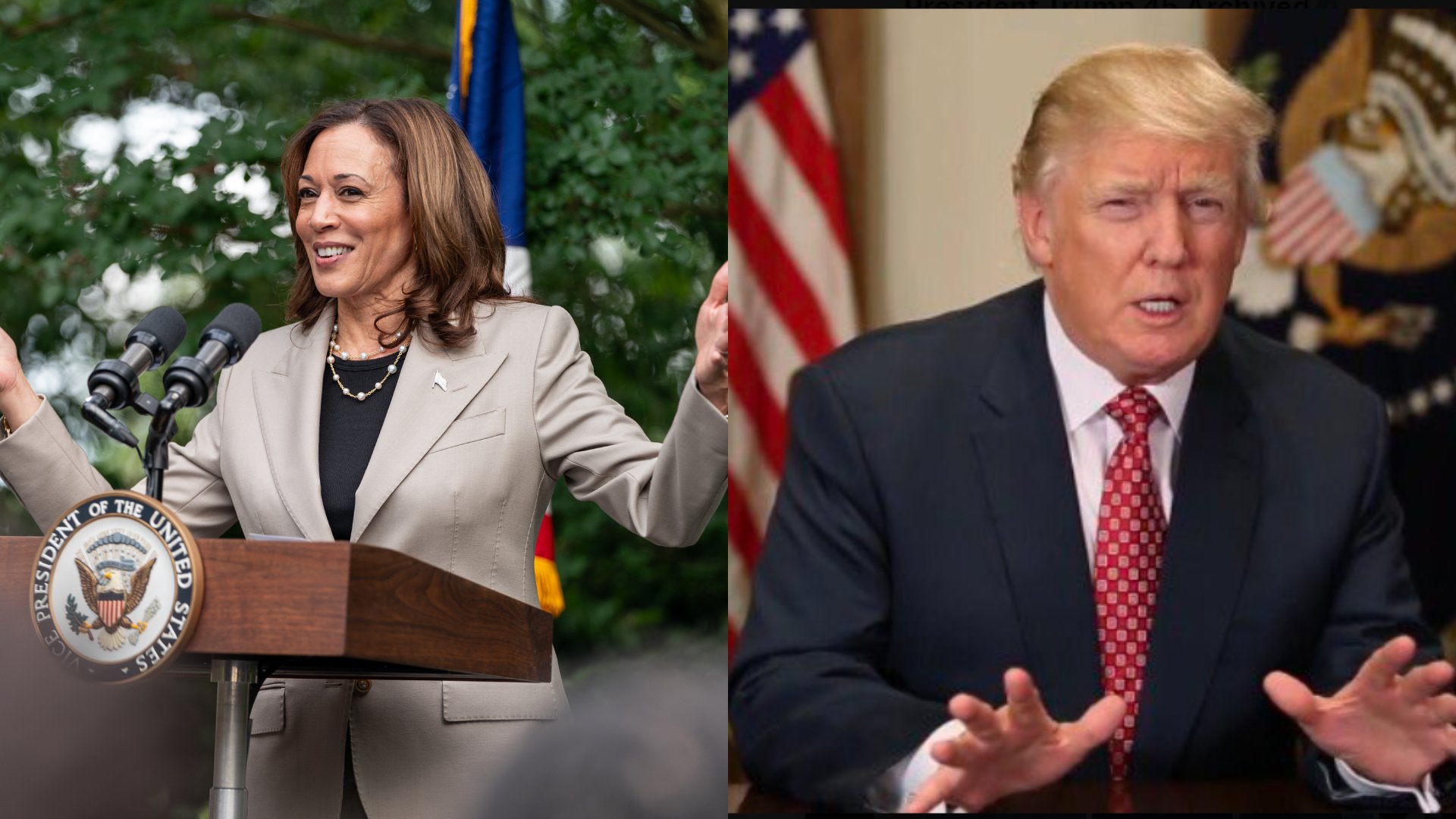
Today is a big day for the US, with more than 161.4 million voters casting their ballots in what has promised to be a watershed moment for democracy globally. America represents a classic case of what French anthropologist Claude Lévi-Strauss described as “the raw and the cooked”. Through this theory, he was seeking to demonstrate how humanity struggles to strike a balance between its duality of opposites; the good and the bad, the just and the unjust, the true and the fake, the elected and the appointed, the real and the contrived and other such dichotomies that characterise human societies.
America today finds itself at the fulcrum of this dichotomy as it goes to the polls today. Many lovers of democracy around the world are watching how the election will turn out because the ramifications will be felt in the four corners of the wind. This is what makes the US presidential election the biggest global event this year. It is not just Americans deciding for themselves who will guide their nation over the next four years. That man or woman — that Americans like to call “the leader of the free world” — will impact practically every country around the globe.
The election comes at a critical point in global geopolitics. There is a great deal of unhappiness about the war in Gaza that has led to the deaths of over 43,000 people — mostly Palestinians — and the war in Ukraine, where another 36,000 people have been killed this year. But these are not just conflicts between two countries on either side. China and North Korea have, for instance, shown support for Russia. Iran has also joined on the side of Palestine, and France appears to be withdrawing its support for Israel. America stands in the nexus of these conflicts and how the vote turns out will determine the direction world peace will take.
Interestingly, Americans are looking inwards — rather than outwards — in making their choices. Those who support the Democratic candidate, Kamala Harris, believe she represents reason, safety, progress and stability and have cast her Republican rival, Donald Trump, as erratic, unpredictable and disruptive. On the other hand, Trump’s supporters see him as the man best suited to bring much needed change in American politics by making the US the centre of their political universe. In him, they see a leader who will be going out of his way to ringfence US borders from being breached by the tidal waves of illegal immigrants that buffet it with increasing ferocity each passing day.
For the rest of the world, preferences about who ought to win tonight are coloured by one’s perception of the politics of the right and left, one’s views on immigration, as well as personal and family interests for those with friends and relatives in the US. Remember, for instance, that in Kenya, America was until this year the leading source of diaspora remittances, meaning that Kenyans who receive dollars from their kin in the US have a direct stake in how the vote turns out because for them it is a bread-and-butter issue.
For other observers like myself, the more important question is what the US election portends for democracy globally. In their book, How Democracies Die, Steven Levitsky and Daniel Ziblatt raise a very pertinent question for our time: “Is our democracy in danger?” They worry, like some of us, about the rise of authoritarianism in different corners of the world and have cast an eye on the history of politics in their quest to understand what this tells us about the future of democracy. Will it endure or are we inching our way into a post-democracy era, one country at a time?
In addition to authoritarianism, the world has witnessed a rise in the number of national leaders who are getting into power on the platform of re-writing the rules of political engagement, including cutting off their traditional alliances and basically trashing all the rules of political engagement as we have historically known them. Some of these leaders are elected, but some have elbowed their way into the echelons of power.
The question this raises is: How will this play out in America and what does this portend for democracy? As Levitsky and Ziblatt have observed, “this is a question we never thought we’d be asking?”
— The writer is the Editor-in-Chief of the Nairobi Law Monthly and Nairobi Business Monthly;
Mbugua@nairobilawmonthly.com
